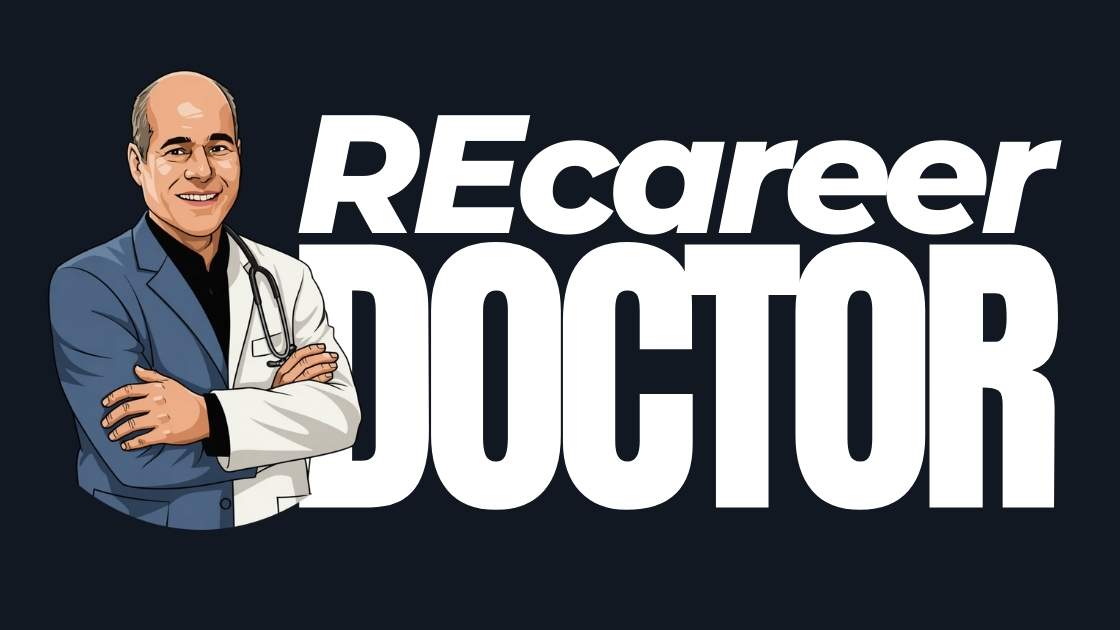It’s October, the time of year when pumpkins appear on every porch, cobwebs decorate listings, and conversations about “haunted houses” sneak their way into serious real estate talks. But here’s a real question that isn’t just for Halloween:
If a home has a spooky reputation, should the realtor be required to tell potential buyers about it?
Let’s dive into this eerie but fascinating real estate dilemma.
🏡 The Legal Lowdown: What the Law Actually Says
When it comes to haunted houses, the rules depend on where you live. In most states, there’s no legal requirement for realtors to disclose whether a home is believed to be haunted—unless that “haunting” could impact the property’s value or cause psychological distress to a buyer.
For instance, in New York, the famous “Ghostbusters ruling” (Stambovsky v. Ackley, 1991) made headlines. A buyer sued after learning the house he purchased was known locally as haunted. The court sided with him, stating that the home’s spooky reputation had been publicized in magazines and tours. The court declared the house “legally haunted” and allowed the buyer to back out. Since then, many agents jokingly call it the “Ghostbusters case.” 👻
Other states like California, Massachusetts, and Minnesota only require disclosure if the property was the site of a violent death, suicide, or serious crime, not paranormal activity. But in some regions, even mentioning ghosts might get you an eye roll—or a lost sale.
📊 What Buyers Actually Think About Haunted Houses
According to a Realtor.com survey, nearly 30% of buyers said they’d be open to purchasing a haunted home if it came with a discount. Another 18% said they’d buy one no matter what, as long as they loved the property. However, 49% admitted they’d never even consider it.
Interestingly, 12% of respondents said they believed they had already lived in a haunted home at some point—and didn’t move out!
That means nearly half the market might be spooked away if the property’s haunted history becomes public. But for others, it could be a quirky selling point.
💰 Haunted or “Character Home”? The Marketing Dilemma
Some agents prefer to rebrand these eerie estates as “historic homes with character.” After all, a good storyteller can turn an unsettling past into mystique. The key is understanding your audience.
Luxury buyers who crave exclusivity might see a haunted mansion as part of its unique charm. But first-time buyers? Probably not so much. According to Zillow data, homes near cemeteries or with eerie reputations can sell for 3% less on average than similar properties nearby.
However, there’s also a niche: haunted tourism. A well-known haunted reputation can actually boost short-term rental income. Airbnb even has a “Haunted Homes” category where properties like the “Conjuring House” in Rhode Island are fully booked months in advance.
🧑⚖️ The Ethical Side: What Should Realtors Do?
Here’s where it gets tricky. Even if the law doesn’t force disclosure, ethics might.
Realtors operate under a fiduciary duty to act in the best interest of their clients and maintain transparency. If a haunting is widely known or could affect a buyer’s decision, full disclosure builds trust and credibility.
Imagine this scenario: the buyer learns from the neighbors about the “ghost lady who wanders the upstairs hallway.” If the agent hadn’t mentioned it, that buyer might feel deceived—even if the story was local folklore.
The National Association of Realtors (NAR) Code of Ethics encourages honesty and avoidance of misrepresentation. In gray areas like this, it’s better to err on the side of disclosure.
🕯️ Fun Fact: Haunted Homes Still Sell
Despite the superstition, haunted homes are not unsellable. In fact, Trulia found that many stigmatized properties eventually sell—but often for about 10-25% below market value.
And believe it or not, some buyers actively search for haunted listings! Sites like DiedInHouse.com let curious buyers check if a home has a dark history. What used to be gossip is now Googleable.
So, while the supernatural might send some buyers running, others see it as an opportunity to own a piece of eerie history.
To Disclose or Not to Disclose?
If you’re a realtor, the safest path is to disclose anything you’d want to know if you were the buyer. Whether it’s a leaky roof or a lingering ghost, transparency builds trust.
At the end of the day, a haunting might not kill a deal—but hiding it just might.
After all, even if ghosts aren’t real… your reputation sure is. 👻







